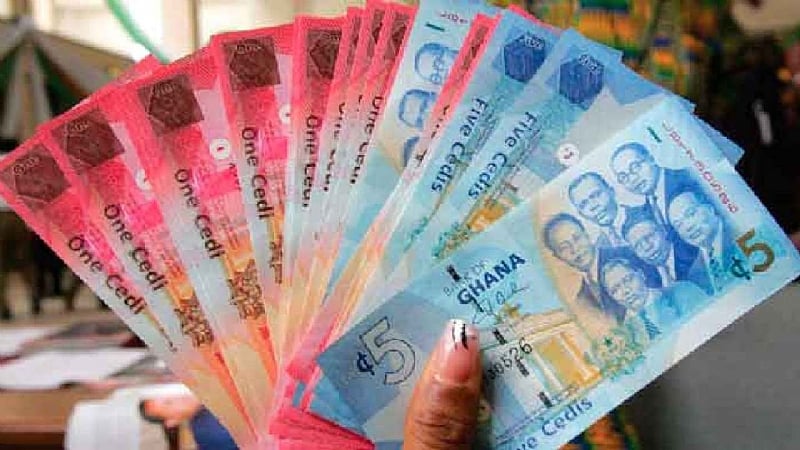The Ghanaian Cedi Demonstrates Stability Against Major Currencies
The Ghanaian cedi has exhibited commendable stability against major international currencies, particularly the United States dollar, as of April 14, 2025. This stability is reflected across various exchange platforms, including forex bureaus, the interbank market, and digital money transfer services. The relatively narrow spread between buying and selling rates further underscores the cedi’s resilience and indicates a balanced foreign exchange market. This stability is a positive indicator for the Ghanaian economy, suggesting sound macroeconomic management and potentially boosting investor confidence.
Forex Bureaus and Interbank Market Align on Cedi’s Value
Data from Cedirates.com, a trusted source for currency information in Ghana, reveals a consistent exchange rate for the cedi against the US dollar across different market segments. Forex bureaus, which cater to individual transactions, offer rates of GHS15.75 for buying dollars and GHS16.05 for selling. The interbank market, where larger financial institutions trade currencies, shows even tighter spreads, with buying and selling rates of GHS15.51 and GHS15.53 per dollar, respectively. This convergence in rates suggests efficient arbitrage and a well-functioning foreign exchange market.
Cedi Holds Steady Against British Pound and Euro
Beyond the US dollar, the Ghanaian cedi also maintains stability against other major currencies like the British pound and the euro. Average exchange rates at forex bureaus are GHS20.07 for buying pounds and GHS20.84 for selling, while for the euro, the rates are GHS17.33 for buying and GHS18.09 for selling. The Bank of Ghana’s interbank market reports similar rates for the pound (GHS20.26) and the euro (GHS17.59), further reinforcing the cedi’s consistent performance across different trading platforms.
Money Transfer Services Offer Competitive Rates for Remittances
Digital money transfer services, such as LemFi and Afriex, provide competitive exchange rates for remittances to Ghana from countries like the US and the UK. These services offer a convenient and often cost-effective alternative to traditional banking channels for international money transfers. For dollar remittances, LemFi offers a rate of GHS15.39 per dollar, while Afriex offers GHS15.59. For pound transfers, LemFi’s rate is GHS20.00, and Afriex offers GHS20.48 per pound. Euro transfers through Afriex are priced at GHS17.77 per euro, while LemFi offers a slightly lower rate of GHS17.52. These competitive rates benefit Ghanaians receiving remittances, maximizing the value of funds sent from abroad.
Digital Subscription Payments Incur Slightly Higher Exchange Rates
For international digital subscriptions like Netflix, Spotify, and Apple Music, payments made through Visa and Mastercard incur a slightly higher exchange rate of GHS16.64 per dollar. This higher rate likely incorporates processing fees and other charges associated with international card transactions. While slightly more expensive than other exchange channels, the convenience of using credit and debit cards for these transactions outweighs the marginal difference in exchange rates for many consumers.
Overall Assessment of Cedi’s Performance and Outlook
The Ghanaian cedi’s current stability against major currencies reflects a positive economic outlook and sound monetary policy. The relatively narrow spreads between buying and selling rates across different market segments demonstrate a healthy and efficient foreign exchange market. The competitive landscape of money transfer services further benefits consumers by offering attractive exchange rates for remittances. While the rates for digital subscriptions are marginally higher, the convenience they offer remains a significant advantage. Continued monitoring of these exchange rates will be crucial in assessing the cedi’s long-term performance and its impact on the Ghanaian economy.














